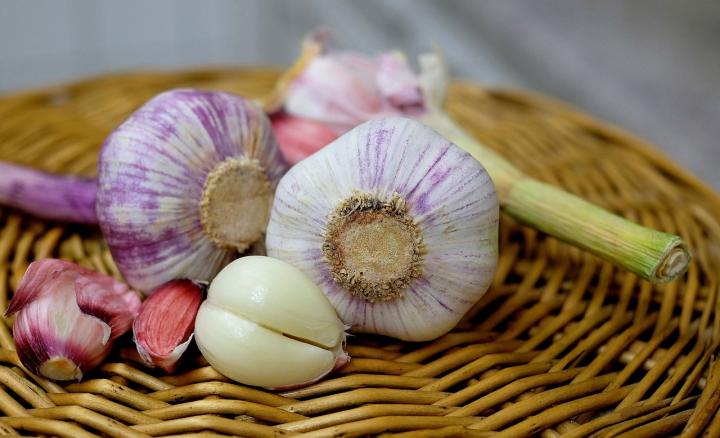Primary Image

Caption
Only female mosquitoes suck blood, but they sure can leave a mark! Learn how to treat bug bites with home remedies.
Discover natural mosquito repellents, ways to reduce bites, and fast home remedies for itchy skin.
More Like This
If you keep Biofreeze at the house for sore muscles, try it on the bites...I can guarantee it works. I use it all the time for bites.
A VERY GOOD ARTICIAL IN READING.,
Sting Stop by Boiron is a great product for itchy bites.
Love the spit idea! Will try.
If you're open to homeopathy, Staphysagria 200c taken 20 minutes before you go outside will repel mosquitos as well as help with any itchy welts that you have already gotten.
I have a female friend from England and the bugs zero in on her from all directions when here. Immediately when bitten she applies clear nail polish and is relieved. Cheap / quick remedy .
For some reaso in the buggy VT, people that visit attract the blood suckers and are flying all around them. For some reason I don't attract them. Occasionally they will fly around my ears. Figured it was due to the heat given off by the body and insects like heat. Guess my body chemistry is rather neutral.
I'll warn you that this is going to sound gross but it does seem to provide relief from itchy bites. When our kids were little we traveled to the Yukon where our daughter particularly attracted the mosquitoes. She had a bad reaction and the swelling was nasty. Fortunately, we were in a museum where the lovely indigenous lady who admitted us noticed our daughter's arms. She told me to have her rub her spit on the bites. Apparently, there is something in our saliva that helps break down the protein that causes the itch. Although it sounds disgusting, it did help her. I've tried it on myself since and it relieved the itch quite quickly - sometimes it needed another application. Perhaps it's an even better solution to paying for chemical solutions, especially if there isn't a pharmacy nearby.
This absolutely works! Whenever I smack a biting mosquito, I immediately lick my finger and rub the spot-I never get an itchy welt if I do :)
Very interesting article. Want to have LOTS of tomatoes this year - to give to friends, to can for the winter, and perhaps to sell within the neighborhood. Thanks for all the advice. Will cherish it.
Always keep eucalyptus oil on hand and dab some on the bite area- it relieves the itch almost immediately.
- « Previous
- 1
- 2
- …
- 10
- Next »











Comments